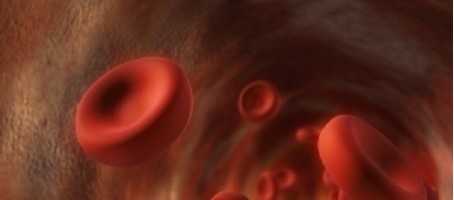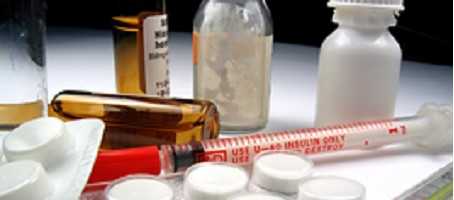Researchers have transplanted islet cells into animal models with diabetes without the need for immunosuppressive drugs, restoring long-term blood sugar control.
Massachusetts General Hospital (MGH) developed an approach in which encapsulating insulin-producing islet cells with a protein – CXCL12 – protected islets from immune system attack.
Until this technology was discovered, high-intensity immunosuppressive drugs have been required in diabetic models to keep the islet cells from being destroyed. These drugs prevent organ rejectio, but also significantly increase the risk of infections and cancer.
The researchers investigated that islets from nondiabetic mice restored long-term blood sugar control in diabetic mice. This occurred when the islets were coated with CXCL12, or encapsulated in a gel containing CXCL12.
In different animal models, CXCL12-encapsulated pig islets restored blood sugar control in diabetic mice, which were protected against rejection and also repelled effector T cells and attract regulatory T cells.
Lead author Mark Poznansky, MD, PhD, director of the MGH Vaccine and Immunotherapy Centre, said: “Protecting donor islets from the recipient’s immune system is the next big hurdle toward making islet transplantation a true cure for type 1 diabetes.
“Studying this procedure in larger animals is an essential next step. We expect that this relatively simple procedure could be readily translatable into clinical practice when combined with technologies such as stem-cell-derived islets or other insulin-producing cells and advanced encapsulation devices.”
What's new on the forum? ⭐️
Get our free newsletters
Stay up to date with the latest news, research and breakthroughs.






